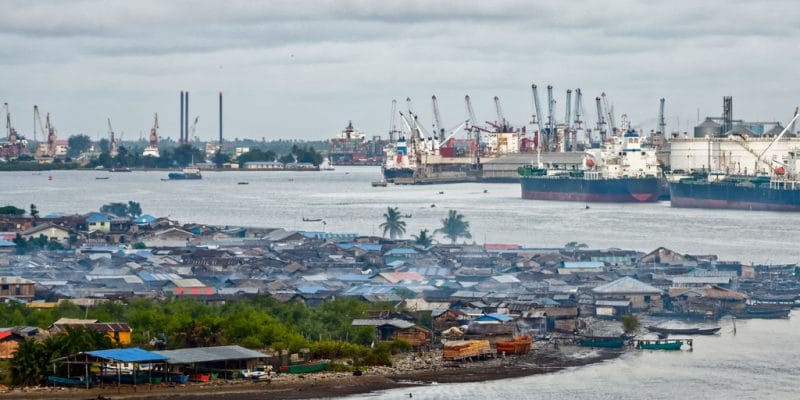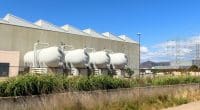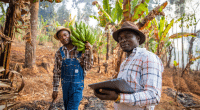In Nigeria, the federal government is promoting the eco-hydrology approach to improve the quality and availability of water resources. This integrative science assesses the threats facing water, an essential component of ecosystems, in order to find solutions for sustainable management of this resource.
The Federal Government of Nigeria wants a healthy water resource for its people. According to a new analysis released by the United Nations Children’s Fund (UNICEF), 26.5 million Nigerian children are experiencing extremely high water vulnerability. Other segments of the population are far from being spared from water shortages. This is due to the waste and pollution of the water resource by liquid and solid waste. In addition, climate change is causing more and more recurrent droughts.
Read Also – AFRICA: water, at the heart of the continent’s environmental challenges
In response to the degradation of water resources in Nigeria, the federal government is advocating eco-hydrology. “This is a solution that is gaining ground worldwide as a problem-solving science and it is imperative to generate interest in implementing this new approach in Nigeria for environmental water management for sustainable livelihoods,” says John Ochigbo, the director of river basin operations and inspection in Nigeria. Currently, this approach is still little known in the West African country. The Nigerian Federal Ministry of Water Resources will equip professionals in the sector to implement the eco-hydrology approach for integrated water resources management in the country.
Read Also – DRINKING WATER: Major African programmes that are making a difference locally
Eco-hydrology will also be critical to mitigating Nigeria’s drinking water supply problems. With an estimated population of 219 million, the supply of potable water is a real challenge in this West African country. According to the World Bank, about 60 million Nigerians still do not have access to basic drinking water services, more than half of them in rural areas. This forces people to consume untreated surface water, which is often polluted by fecal sludge. In Nigeria, nearly 29% of the rural population still practices open defecation.
Inès Magoum






